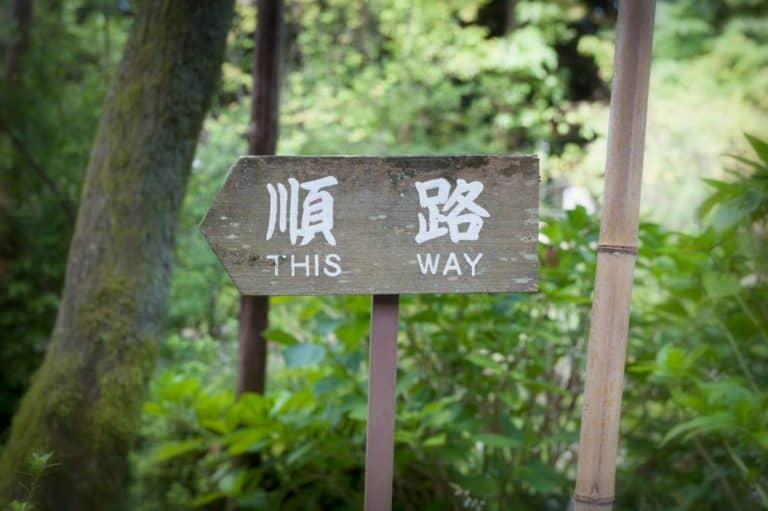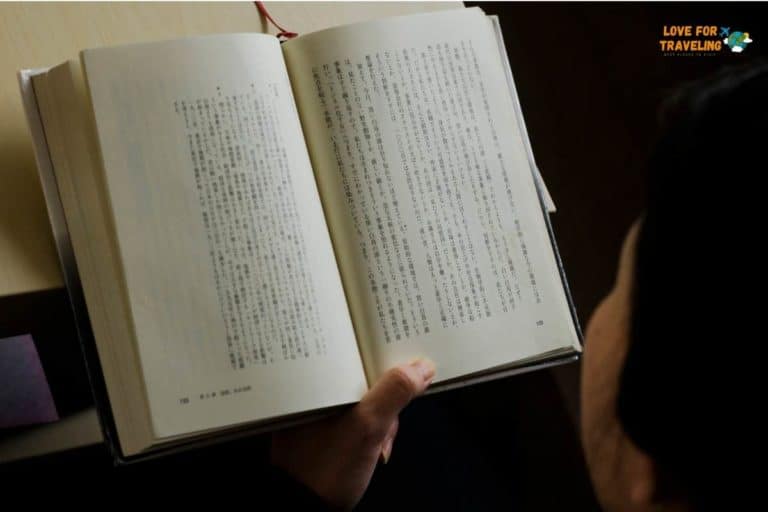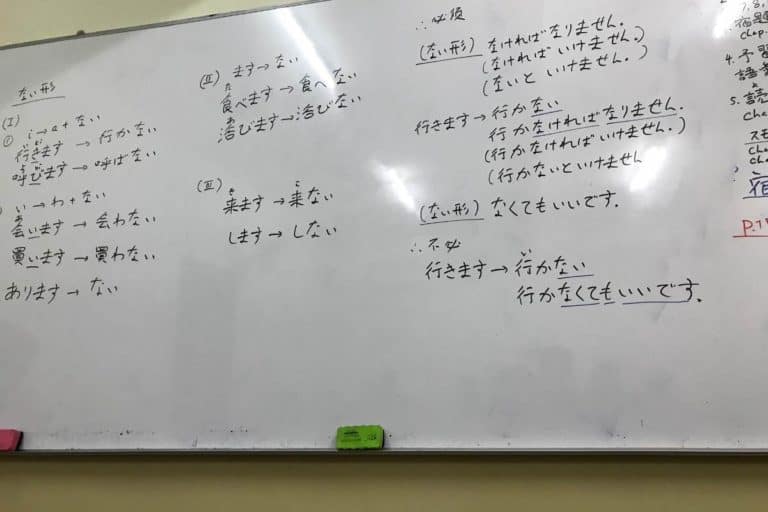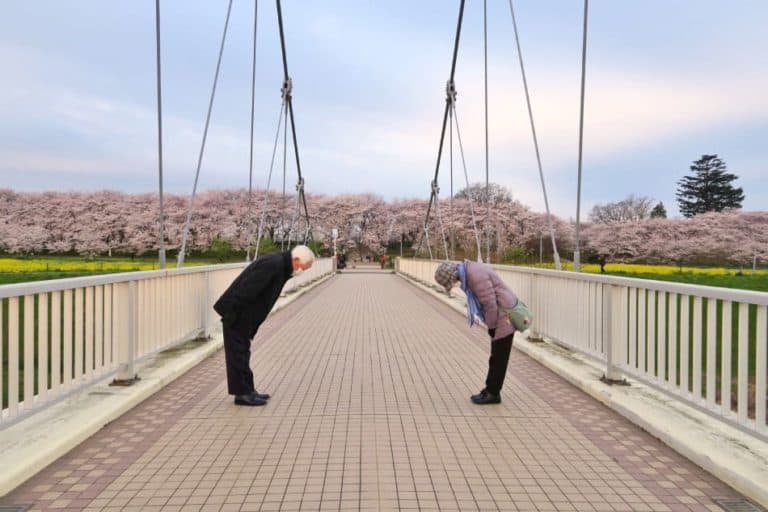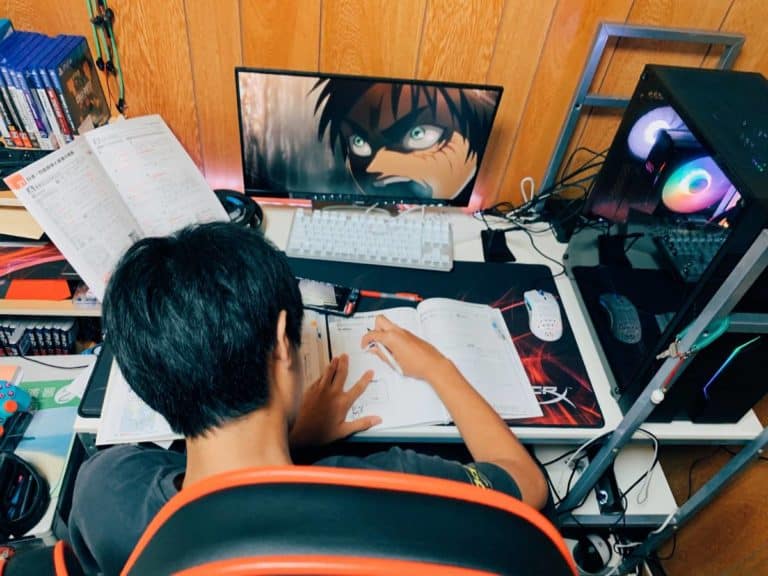How Long Does it Take to Learn Japanese?
According to the US Department of State, Japanese is one of the most difficult languages for native English speakers to learn. They anticipate that gaining fluency will take 88 weeks or 2200 hours.
Once they first become interested in studying the Japanese language, practically all beginners ask the same question “How long does it take to learn Japanese?”.
This is also a common question among Japanese lovers, whether you’re planning a vacation to Tokyo or have always wanted to watch your favorite Japanese movie without subtitles.
You can learn Japanese in as little as 90 days. But this will depend entirely on your objectives, desire, and dedication, ultimately determining how long it takes. You may study Japanese casually and make decent progress over time, or you can put in more effort and cut your learning time in half.
Continue reading to learn more!
How long does it take to learn Japanese?
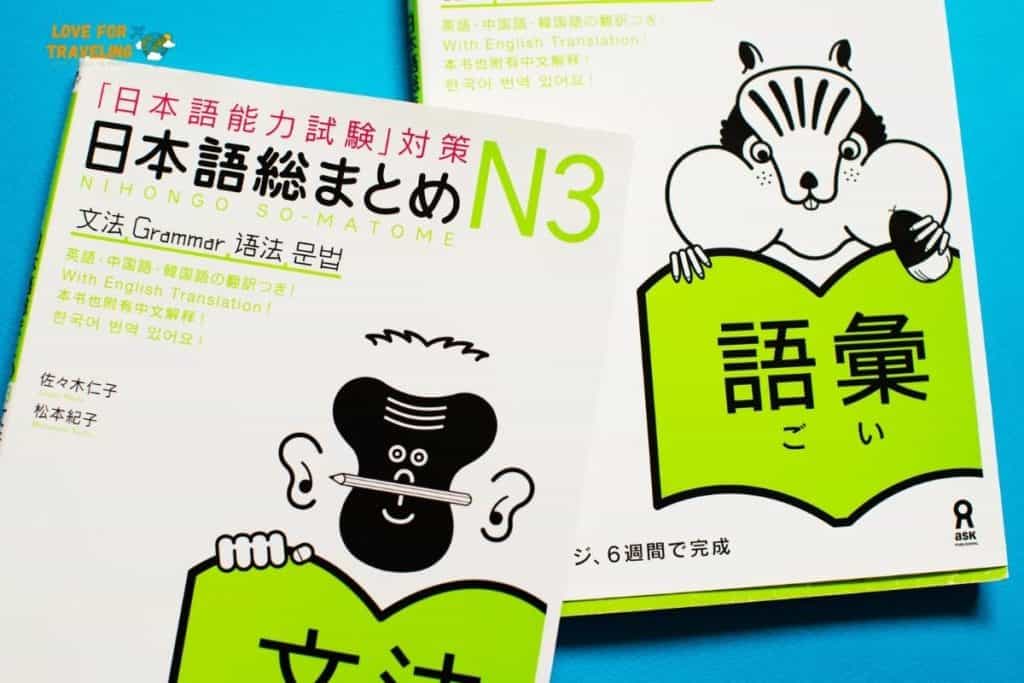
As stated earlier, Japanese may be learned in as little as 90 days. It has been confirmed that many students started conducting in-depth Japanese talks. And you’ll get there quickly if you use the appropriate tactics.
Of course, a lot relies on your educational objectives.
The time it takes to learn Japanese varies depending on whether you want to study Japanese for anime or not…. as well as whether you’re attempting to learn how to converse or communicate fluently in Japanese.
Typically, you’ll need thousands of hours to be an undercover spy who sounds like a native Japanese speaker.
On the other hand, learning basic Japanese to attend the Tokyo Game Show Expo will take just a few hours.
On average, how long does it take to learn Japanese?
In around three months, with constant studying and speaking for 30 minutes to an hour daily, you may talk to Japanese at a conversational level.
It all comes down to choosing the correct approach: talk from the start! Right now, you can begin speaking Japanese. You’ll learn Japanese faster if you receive more speaking practice.
Why is Japanese challenging to learn?
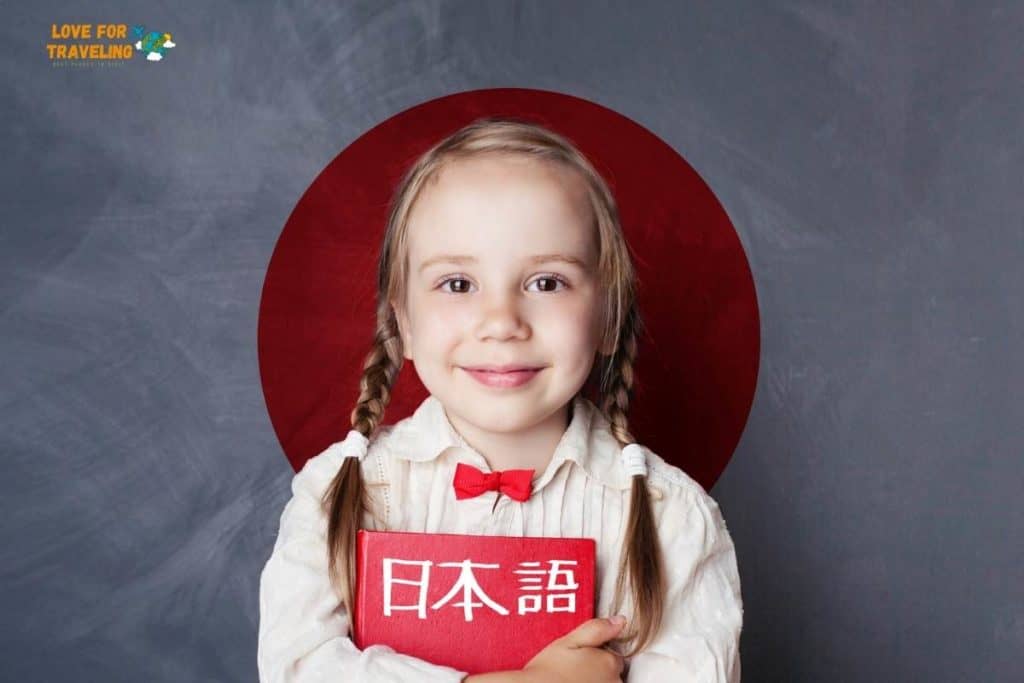
According to Richard Brecht, director of the University of Maryland’s Center for Advanced Study of Language, the complicated writing systems of Japanese, which are entirely different from the A-to-Z alphabet, are why learning Japanese is so complex for native English speakers.
There are three different alphabets in Japanese:
- Kanji comprises over 15,000 characters.
- Kata-kana is used for emphasis.
- Hiragana is used for spelling, suffixes, and grammar.
How can I make learning Japanese way easier?
If you’re serious about learning Japanese, here are a few pointers to help you get started.
Set a goal for yourself to learn Japanese.
It matters what you want to achieve in the end. Decide for yourself what “fluent” means to you.
If you wish to comprehend anime in Japanese, you’ll need to master specialized terminology. It’s also important to consider the genre of anime you’re watching.
On the other hand, if you want to communicate effortlessly in everyday situations, watching anime won’t help you.
Anime is theatrical, yet Japanese speech is not realistic. As a result, you’ll need more “real-world” materials and vocabulary, such as NHK News.
Break Your Goal Down Into Daily Components
Imagine you’re aiming for JLPT (Japanese Level Proficiency Test) N1 or near-native fluency. You must master 2200 kanji, 10,000+ vocabulary, and hundreds of grammatical patterns.
If you can dedicate 60 minutes to studying, you must split that objective into daily pieces.
Every day, you’ll learn ten new kanji, thirty new phrases, and one new grammatical pattern…You could divide it according to how much you think you can cram into a single study session.
Alternatively, you may study grammar on Mondays and Wednesdays, kanji on Tuesdays and Thursdays, and vocabulary on weekends.
Whatever is most convenient for you, break down your aim once you’ve determined how much you can fit into a study session.
How many days of studying would it take to acquire those characters and vocabulary? That is how long it will take you to become proficient in Japanese.
Begin Speaking and Writing right now.
Find a Japanese language exchange partner and begin communicating with them right now. Start using it even if all you know is, “Hello, my name is…” You lose it if you don’t use it.
Making errors is the most effective learning method when it comes to learning. So get out there, make some mistakes, and start talking.
Incorporate more Japanese into your daily routine.
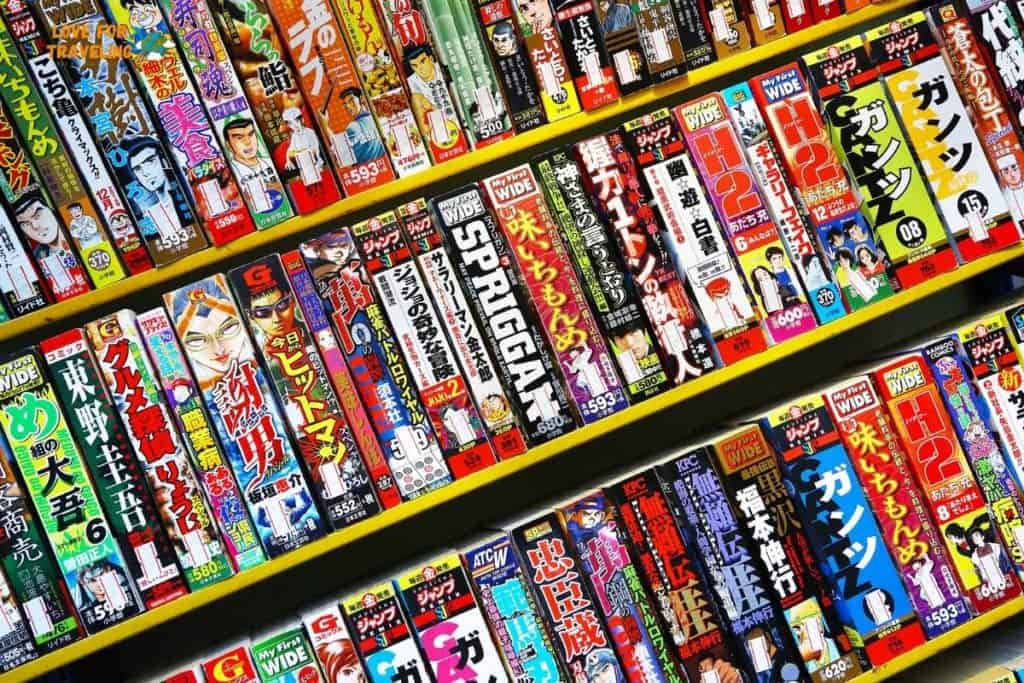
Is it possible to listen to a podcast while driving? Do you have the ability to read the news in Japanese while sipping your morning coffee? Is it possible to complete your Anki flashcards while using the restroom?
Most people believe they do not have enough time to study extensively. However, you can generally find little pockets of time or switch things around.
Instead of watching English television, switch to Japanese. Look up Japanese hashtags and read the descriptions instead of browsing Instagram in English.
Turn on a Japanese podcast instead of listening to the radio.
Locate an Interesting Japanese Resource
The only way you’ll be able to enjoy studying all of the time is if you make it enjoyable. And the good news is that you can learn Japanese by doing activities you like.
If you enjoy playing video games, change the language to Japanese. Pokemon games are excellent for this purpose.
The language is essential, and switching to Japanese is straightforward when starting a new game.
If you love reading manga, look for it in Japanese. Encourage yourself to read a little bit every day. The more you read, the simpler it will become.
Watch your favorite Japanese programs. Terrace House is one of my favorite Netflix shows! It’s entertaining to watch as the seasons and locations change. You’ll also learn several slang words.
Turn off the subtitles the first time and actively listen while watching. Take notes, then re-watch with subtitles. What did you know, or what new terms did you learn?
Become Familiar with Japanese Culture
Japanese is a contextual and cultural language. To master it, you must be well-versed in Japanese body language, history, cultural perspectives, and mannerisms.
That is not something you will study in a textbook.
Study the history and culture as much as you can. Watch various news programs (packed with pop-culture allusions), and browse Japanese message boards or social media. If anything puzzles you, look it up on Google.
You’ll learn a wide range of shorthand, slang, and cultural allusions. The more you comprehend them, the more fluently you communicate in Japanese.
Timeline for learning Japanese.
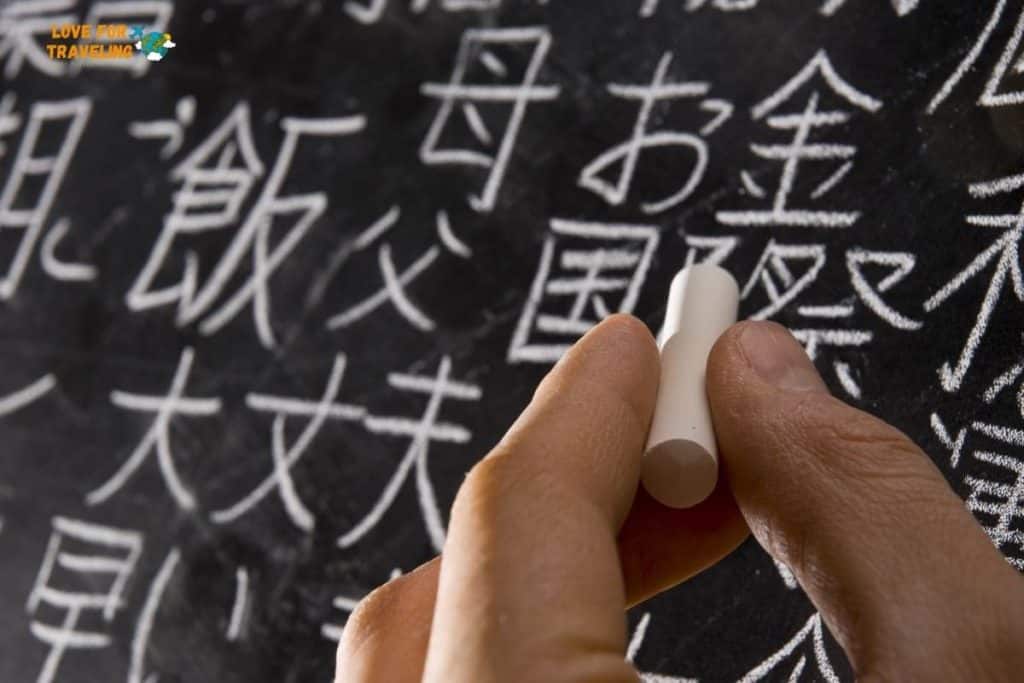
6 Months for Basic Comprehension
You’re at the pre-beginner stage if you know less than 200 words. You may not realize how advanced you are now, but you see a lot more than you think!
You can identify the first 200 words in a new language in talks between native speakers, and you can begin to grasp these words after that. If you know the Japanese term Kayoubi (Tuesday), for example, you can recognize it in a discussion.
Start searching up any words you don’t understand at the pre-beginner level. Look up terms on Google Translate and discuss them with your Japanese teacher.
You’ll pick things up fast at this level with one-on-one training and persistent practice. Also, you’ll be able to navigate Japan after six months if you know enough Japanese.
You can book hotel rooms, ask for and comprehend directions, and engage in essential discussions with Japanese speakers.
9–12 months: Beginner to Intermediate
You can move to the intermediate level in nine to one year with a strong work ethic.
The intermediate level is more enjoyable since you begin to understand Japanese news and other television shows.
You’re also familiar with honorifics, words, and phrases referring to family members. You may proudly proclaim that you can communicate in (basic) Japanese!
Advanced Level: 2–3 years
It takes an average of 2-3 years to master advanced Japanese. You can comprehend much of what your teacher says at the intermediate level and follow along with TV shows.
However, there are certain limits to communicating with other Japanese speakers.
This might be aggravating, but it’s critical not to lose hope.
To graduate to the expert level, you must interpret various speech patterns and sounds, which might take a long time to master.
You’ll need time, a skilled Japanese teacher, and plenty of practice with native Japanese speakers to acquire and grasp the language’s intricacies.
Tips for learning Japanese:
Working with a private Japanese instructor is the most effective strategy to accelerate learning.
You’ll get individualized feedback that books and videos can’t match, and your queries will be answered as soon as possible.
You may connect with a teacher from anywhere globally, including Tokyo and Kyoto, with Japanese online classes.
Learning a new language, such as Japanese, takes time and effort, but the rewards are well worth it.
Regardless of age, practicing Japanese is an excellent investment in your future.
Conclusion.
Learning a new language is a long and winding road; patience, perseverance, and a strong work ethic are needed.
How long it takes you to learn Japanese is entirely up to you. There are several aspects to consider.
However, with the appropriate study habits, time management, and dedication, you may learn conversational Japanese in as little as three months.

